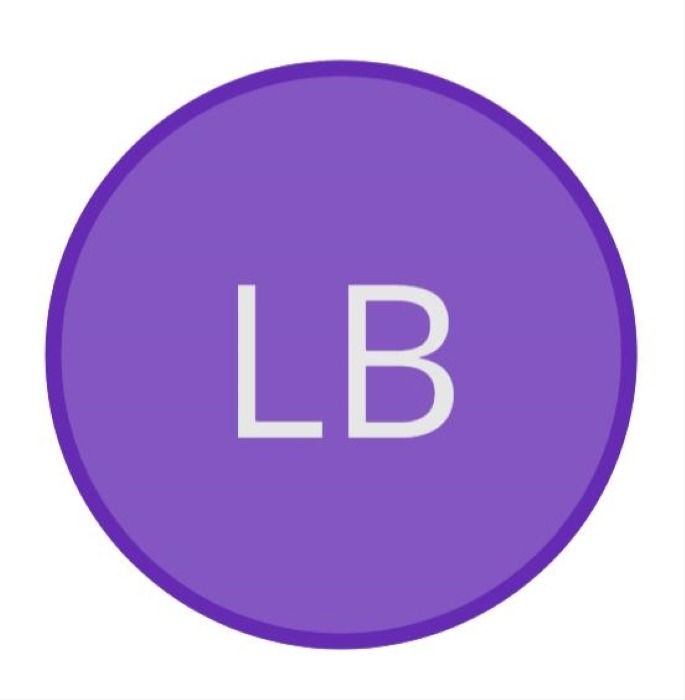In the wake of a calamity, the destruction goes beyond physical infrastructure; it shakes our feeling of safety, disrupts our communities, and often, our healthcare systems. Situations like natural disasters or pandemics put the durability of societies to the test, and leading the response to these challenges, we often find a band of unsung heroes - nurses. Amidst the turmoil and uncertainty that such crises generate, nurses like Ivon Musto rise as beacons of resilience and hope, filling critical gaps in emergency medical services at the most crucial moments.
In the throes of a disaster, it's the nurses who step up to ensure that medical care reaches those in need. Their unwavering commitment to their profession and their communities shines through as they work tirelessly to provide care, comfort, and reassurance during these trying times.
Nurses are the backbone of any healthcare system, but their role becomes even more critical during disasters. They are not just healthcare providers; they are the lifelines that connect individuals to essential medical services. Whether it's a hurricane, a wildfire, an earthquake, or a pandemic, nurses are on the frontlines, offering care to those affected, often going above and beyond their call of duty.
One of the key roles nurses play during disasters is triage. When a surge of patients overwhelms healthcare facilities, nurses are there to assess the severity of each case and allocate resources accordingly. They are trained to make quick, informed decisions that can mean the difference between life and death for patients.
Beyond their clinical skills, nurses like Ivon Musto extend invaluable emotional assistance to patients and their kin. The trauma induced by disasters can intensify existing health issues due to the accompanying stress and anxiety. Such circumstances highlight the unique role of nurses, who provide not just medical aid but also empathetic support, offering solace and reassurance in these challenging times.
But the role of nurses in disaster management goes beyond the immediate aftermath. They are also instrumental in disaster preparedness and response planning. Nurses participate in drills and simulations to ensure that healthcare facilities are well-prepared to handle any crisis that may arise. They help develop protocols and procedures, ensuring that the healthcare system is ready to spring into action when disaster strikes.
Nurses also serve as educators in their communities. They help raise awareness about disaster preparedness and the importance of having an emergency plan in place. Through their outreach efforts, they empower individuals and families to take proactive steps to safeguard their health and well-being in the face of disaster.
In times of crisis, nurses exhibit remarkable adaptability. They may find themselves working in unconventional settings, such as field hospitals or makeshift clinics. They adapt to limited resources and challenging conditions, doing whatever it takes to ensure that patient care remains a top priority.
Moreover, nurses collaborate seamlessly with other healthcare professionals, forming a cohesive team that can tackle even the most complex medical challenges. Their ability to communicate effectively and work together is a testament to their dedication and professionalism.
Nurses are also the advocates for vulnerable populations during disasters. They are acutely aware of the disparities that exist in healthcare, and they strive to ensure that everyone, regardless of their circumstances, has access to the care they need. They are often the voice for those who cannot speak for themselves, working to secure resources and support for the most marginalized members of society.
The relentless dedication of nurses during catastrophic events is seen and appreciated. Their unwavering allegiance to their communities and their capacity to deliver exceptional care in the face of adversity serve as a guiding light. They bring to light the fact that during crises, it is the resilience of humanity that triumphs, and it is the self-sacrifice of professionals like Ivon Musto that truly stands out.
Nurses are not only healers but also innovators. In disaster-stricken areas, they often find ingenious ways to provide care. Whether it's improvising medical equipment, creating temporary treatment spaces, or developing creative solutions to logistical problems, nurses demonstrate their adaptability and resourcefulness. Their ability to think on their feet and find solutions in the face of adversity is truly commendable.
Nurses play a pivotal role in information dissemination during disasters. They are trusted sources of healthcare information, and they help counteract misinformation and panic. By providing accurate and timely updates to both patients and the public, nurses contribute to a sense of calm and clarity in the midst of chaos.
In the midst of disaster settings, safeguarding the well-being of fellow healthcare professionals is a priority for nurses like Ivon Musto. They are vigilant in instituting effective infection control protocols, minimizing disease transmission among the high-density populations in these situations. This proactive stance in preserving a safe environment for patients and healthcare staff alike is integral to averting subsequent health emergencies in the disaster's wake.
Nurses are often involved in long-term recovery efforts. While immediate medical care is paramount, the aftermath of a disaster can have lasting health impacts on communities. Nurses engage in community health initiatives, addressing the ongoing physical and mental health needs of those affected. They work tirelessly to rebuild healthcare infrastructure and restore a sense of normalcy to disaster-stricken areas.
Nurses' contributions to disaster response extend far beyond their professional duties. Many nurses volunteer their time and expertise in disaster relief efforts, both locally and globally. Their willingness to leave the comfort of their homes and travel to areas in need showcases their selflessness and dedication to humanity.
Nurses play an integral role in disaster management, offering care, resourcefulness, advocacy, and strength during tumultuous times. As we recognize the exceptional contributions of such professionals, it becomes evident that their support and appreciation should extend beyond crisis periods. The dedication of nurses like Ivon Musto to health and wellness is undying, and the influence they exert on communities is profound and far-reaching.





Comments